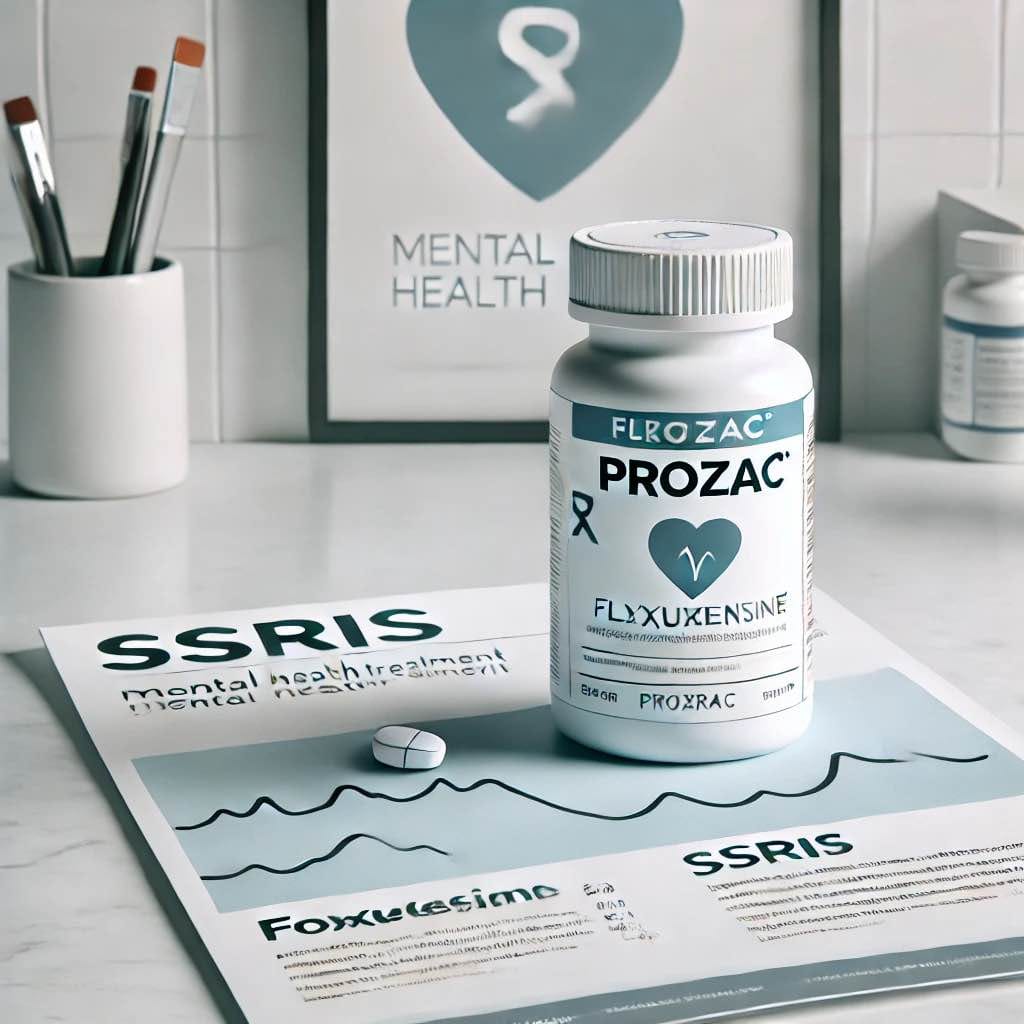Fluoxetine / FLUOXETINE HYDROCHLORIDE
Description Fluoxetine, also known by its brand name Prozac, is a medication used to treat certain mental health conditions. It belongs to a class of drugs called selective serotonin reuptake inhibitors (SSRIs). Indications and Usage Friendly reminder: Always consult a healthcare professional for personalized medical advice. Dosage and Administration Friendly reminder: Dosage may vary based … Read more
